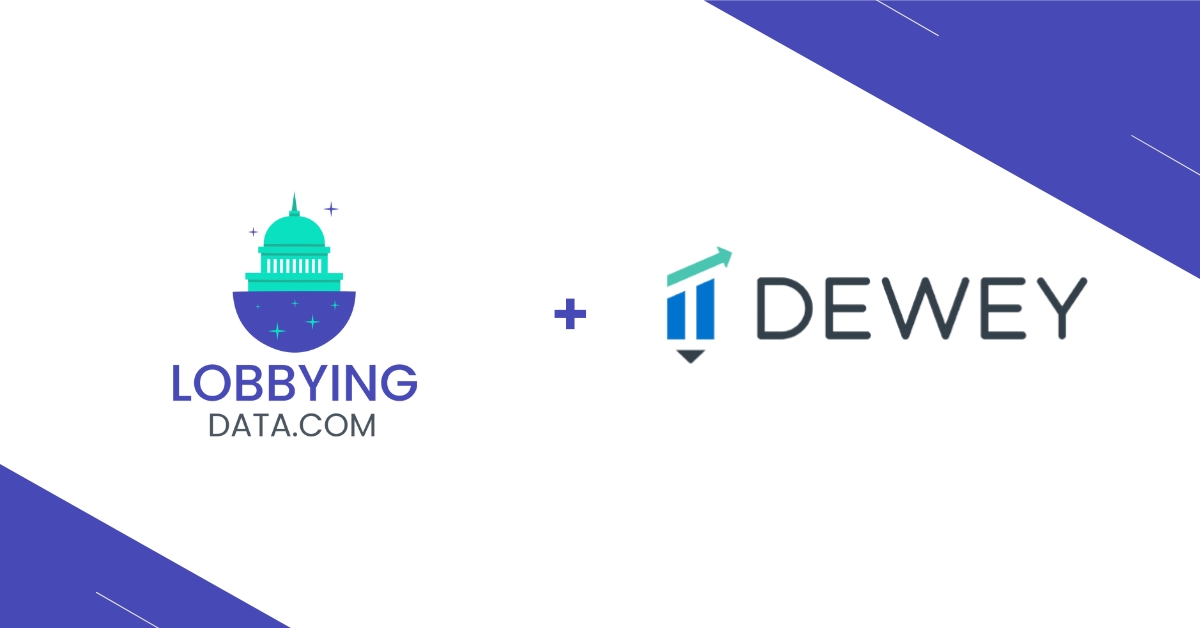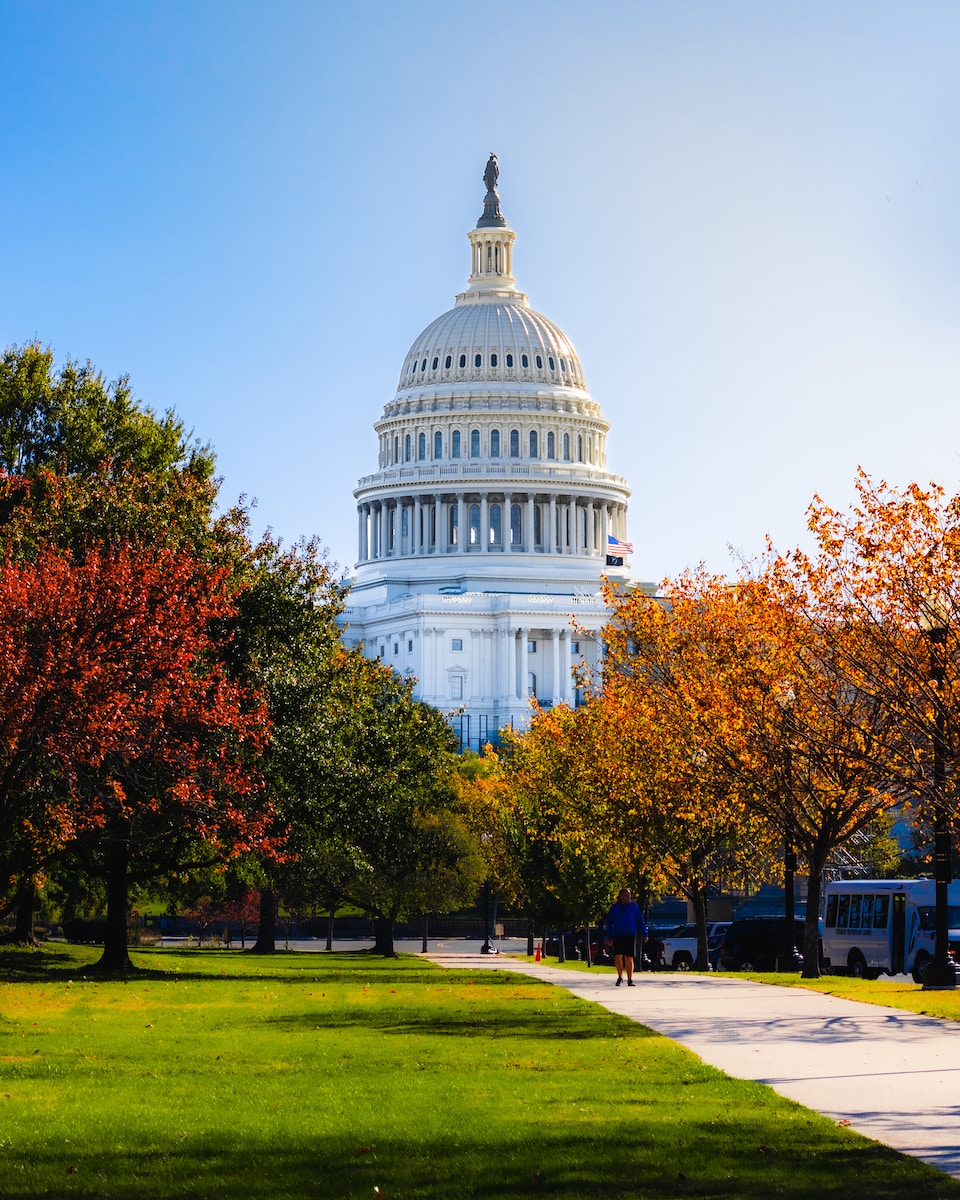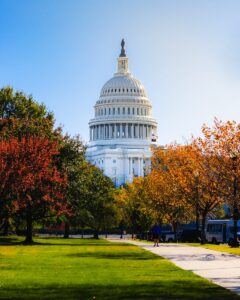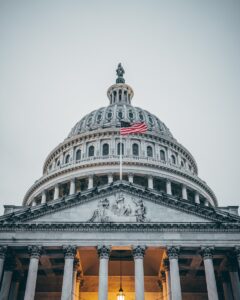Lobbying is the practice of attempting to influence the decisions made by lawmakers, government officials, or other public officials. It is a controversial practice that has been subject to much scrutiny, criticism, and even suspicion. Despite this, lobbying is legal in many countries, including the United States, where it is protected under the First Amendment to the Constitution. In this article, we will examine why lobbying is legal and the arguments for and against it.
The Legality of Lobbying: An Overview
Lobbying is legal in most countries, including the United States, Canada, and many European countries. In the United States, lobbying is protected under the First Amendment, which guarantees the right to freedom of speech and the right to petition the government for a redress of grievances. This means that individuals and organizations have the right to express their views and opinions to government officials and lawmakers, and to try to influence their decisions.
However, lobbying is not an unregulated practice. In the United States, for example, lobbyists must register with the government and disclose their activities and expenditures. They are also subject to strict rules and regulations regarding conflicts of interest, gifts, and campaign contributions. Lobbyists who violate these rules can be fined or even face criminal charges.
Examining the Justification for Legal Lobbying
The main argument in favor of legal lobbying is that it is a necessary part of the democratic process. In a democratic society, citizens have the right to express their views and opinions to their elected representatives, and to try to influence their decisions. Lobbyists play an important role in this process, as they can provide lawmakers with valuable information and expertise on complex issues.
Opponents of legal lobbying argue that it undermines democracy by giving undue influence to special interests and wealthy individuals or corporations. They argue that lobbying can lead to corruption, as lawmakers may be more likely to favor those who can offer them campaign contributions or other forms of support.
Despite the arguments for and against legal lobbying, it remains a controversial practice that will continue to be debated and regulated in the years to come.
In conclusion, lobbying is legal in many countries, including the United States, where it is protected under the First Amendment. While there are arguments for and against legal lobbying, it remains an important part of the democratic process, as citizens have the right to express their views and opinions to their elected representatives. However, it is also important to regulate and monitor lobbying activities to prevent corruption and ensure transparency.







